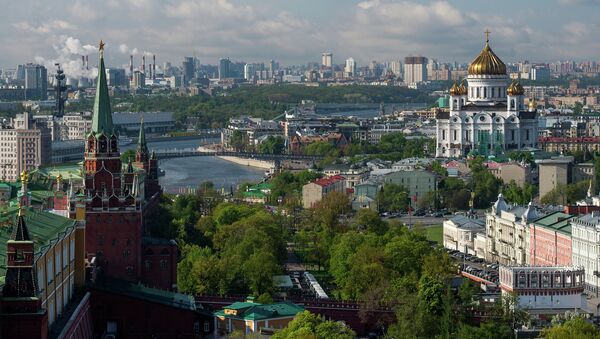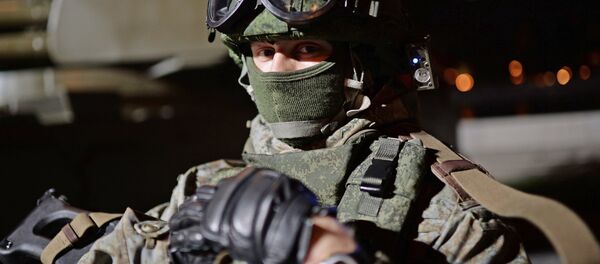A "common European home", which Gorbachev in 1990 dreamed of and which was intended to serve the interests of all Europeans, was never been built, head of the Committee on Eastern European Economic Relations Eckhard Cordes wrote.
"To be precise, it was built, but without Russia," Cordes argued.
Yet in 2001, immediately after the inauguration of President Vladimir Putin, there were discussions about Russia’s possible membership in NATO. There was a concept for a common economic space between the EU and Russia and negotiations on mutual visa-free travel were started.
The German "Ostpolitik" concept is still the best the West can offer. However, this concept has "never dominated European foreign policy," because the United States and a number of other countries viewed it with suspicion, Cordes wrote.
According to him, Russia cannot be blamed for the deterioration of its relations with the West. These were Germany's Western partners who did not want to give up their plans of expanding NATO to the east and illegitimately interfered in Iraq and Libya.
"We need a confident restart of the Ostpolitik!" Cordes wrote.
"The aim should be to create a common European economic space with the participation of both Russia and Ukraine," he stressed, adding that those interested in constant development, have no right to silently watch Europe split into two economic blocs.



